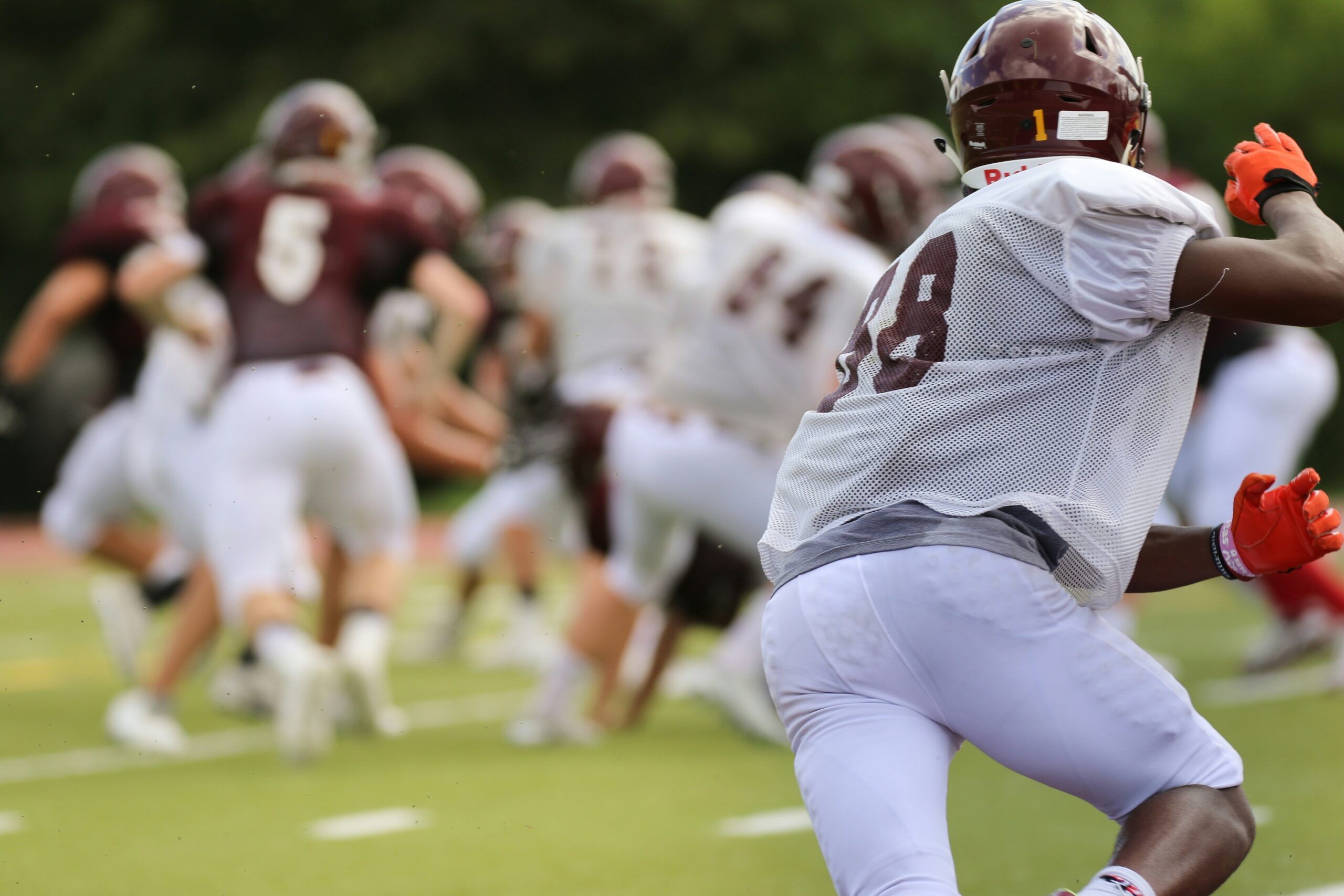Improving Performance and Overcoming Challenges in Sports Psychology
Sports psychology plays a crucial role in enhancing athletic performance and helping athletes overcome challenges. By understanding the psychological aspects of sports, athletes can develop mental skills that complement their physical abilities, leading to better overall performance.
The Role of Sports Psychology
Sports psychology focuses on the mental and emotional factors that influence athletic performance. It encompasses various techniques and strategies to improve motivation, confidence, concentration, and resilience among athletes. Key aspects include:
- Mental Preparation: Techniques such as visualization, goal setting, and relaxation methods help athletes prepare mentally for competitions.
- Performance Enhancement: Strategies like positive self-talk, imagery, and mental rehearsal contribute to improving overall performance.
- Overcoming Challenges: Coping with pressure, managing anxiety, and maintaining focus during critical moments are vital aspects addressed in sports psychology.
Improving Performance through Psychological Techniques
Psychological techniques are instrumental in optimizing athletic performance. For instance, visualization allows athletes to mentally rehearse their actions, enhancing muscle memory and confidence. Olympic swimmer Michael Phelps famously used visualization to prepare for races, envisioning every stroke and turn.
“I visualized myself winning Olympic races before they happened. I think that helped me to prepare.” – Michael Phelps
Similarly, goal setting provides athletes with clear objectives to strive for, boosting motivation and focus. When goals are specific, measurable, achievable, relevant, and time-bound (SMART), athletes are more likely to stay committed and perform at their best.
Challenges in Sports Psychology
Despite its benefits, sports psychology faces challenges in implementation and effectiveness:
- Resistance to Mental Training: Some athletes and coaches may undervalue the importance of mental skills training, focusing solely on physical conditioning.
- Individual Differences: Each athlete has unique psychological strengths and weaknesses, requiring personalized approaches in sports psychology interventions.
- Time and Resources: Integrating mental skills training into already packed training schedules can be challenging for athletes and coaches alike.
Case Studies of Success
Several athletes have demonstrated significant improvements through sports psychology interventions:
- Simone Biles: The gymnast overcame mental blocks and performance anxiety with the help of visualization and mindfulness techniques.
- LeBron James: The NBA star utilizes mental preparation techniques, including visualization and positive self-talk, to maintain focus during high-pressure games.
Conclusion
In conclusion, sports psychology is pivotal in enhancing athletic performance and overcoming challenges. By employing psychological techniques such as visualization, goal setting, and positive self-talk, athletes can achieve peak performance and maintain consistency in their sports endeavors. Despite challenges, the field continues to evolve, providing athletes with invaluable tools to succeed both on and off the field.
Through case studies and ongoing research, sports psychology continues to demonstrate its effectiveness in optimizing athletic performance, making it an indispensable component of any athlete’s training regimen.


